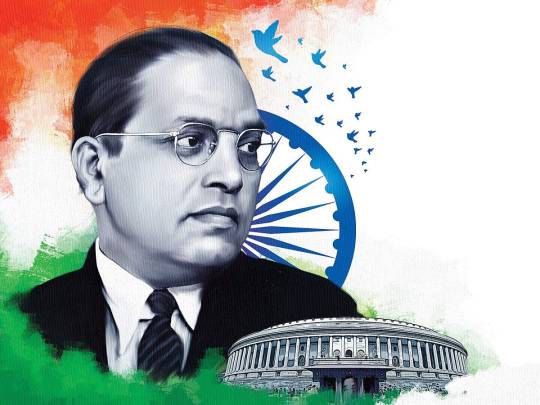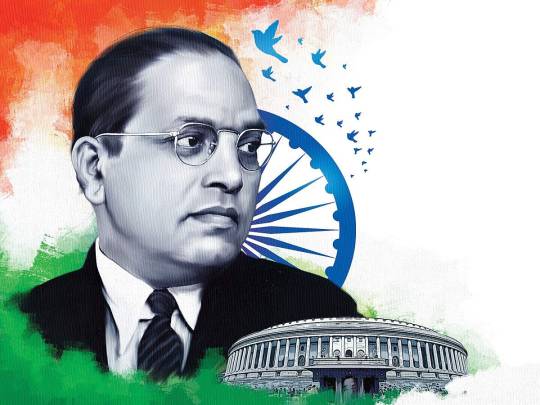Text
Sankranti: One Festival Many Names.
It is said that 'The greatness of a culture can be found in its festivals' and India has an overabundance of them. Every festival has a story behind it and they carry a deep meaning of life. Let's unravel the stories behind the much-celebrated 'Harvest Festival'. The Harvest Festival or popularly known as Sankranti is a single festival with various names throughout India and each name comes with a variation in the way the festival is celebrated. Let's go through all these variations of the Surya Puja.

1. Makar Sankrant/Sankranti.
Primarily known as a festival that is devoted to the Sun God or Surya Devta, Makar Sankranti is a widely celebrated festival in areas like Maharashtra, Uttar Prades, West Bengal, Andra Pradesh, and Telangana. The auspicious occasion is celebrated on January 14 of every year or January 15 on leap years. Sankranti means 'transfer', it's the day the sun transition into the Capricorn zodiac. On this day, farmers worship the Sun God and wish for good crops. The common phrase of "तिळगूळ घ्या गोड गोड बोला" is also voiced by many people among Maharashtrian communities on this day. It's a way to banish bad thoughts and evil misdoings from people's minds.
2. Pongal.
Pongal is a four-day-long Hindu festival celebrated in Tamil Nadu. The four days are called Thai Pongal, Surya Pongal, Mattu Pongal, and Kaanum Pongal respectively starting from January 14. Devotees worship the sun and offer him the famous Pongal dish made of rice boiled in milk to offer their gratefulness for a successful harvest season. In Tamil Pongal means 'to boil'.
3. Magh Bihu.
Celebrated mainly in Assam Magh Bihu is yet another variation of the Harvest Festival marked by two days of celebration. The first day is called Uruka and the second, the main celebration of the festival is called Bhogali Bihu. Here the celebration starts with a holy dip in the rivers and then the feast called Bhuj is offered to Sun God and then later consumed by people with great aplomb around bonfires. It also marks the end of the winter solstice.
4. Lohri
Lohri is an official holiday in Punjab, Jammu Kashmir, and Himachal Pradesh. It is normally celebrated on the night before Makar Sankranti with bonfires, folk songs, and dance. Lots of delicious food like Murmure ke laddoo, Makke di Roti and Sarson ka Saag, etc. Lohri marks the end of winter and the start of longer days. Traditional Punjabi folklore also has significance to the festival with the tale of Dulla Bhatti Jat who supposedly rescued two Hindu girls from being forcibly sent into the slave trade of the Middle East during the Mughal period. Many folk songs are dedicated to this legend and people revere those songs to date.
#festiveseason#festival#festivities#makarsankranti#lohri#bihu#pongal#festivevibes#festivegreetings#fest
2 notes
·
View notes
Text
Father of Indian Constitution
Dr. Bhim Rao Ambedkar, a champion of caste annihilation, was born on April 14, 1891, in a low-caste Mahar family at Mhow cantonment, where his father worked in the army. Dr. B R Ambedkar was born into a caste that was thought to be the lowest of the lowest. However, it was this individual who drafted the country's Constitution. His life was filled with challenges, as his extreme recommendations to address the Caste System were received with open hostility from the Upper Castes. Not only did the great Doctor defy all difficulties to continue his studies, but he also went on to acquire a Doctorate in Economics from Columbia University in 1917. The kid who had been subjected to severe caste humiliation rose to become the first Minister of Law in independent India, helping to establish the country's Constitution. Dr. Ambedkar's fight against Brahmanical Patriarchy, his radical Hindu Code Bill proposals, and moreHis proposals for a dramatic reworking of property relations signal his dissatisfaction with the present quo. Dr. Bhimrao Ambedkar, possibly India's greatest radical thinker, changed the social and political landscape in the fight against British colonialism by making the oppressed politically aware of their plight. Dr. Ambedkar famously advised Dalits to "Educate, Agitate, and Organize," a phrase that still resonates today. Clearly, he placed a high value on education, particularly in areas where it had previously been denied. Indeed, he is rumored to have declared that for the underprivileged, education was more essential than Temple admission. He saw education as a powerful tool that could assist every citizen construct an egalitarian society while also breaking the age-old shackles of discriminatory social practices. As a college named after him, we try to mirror his vision and assist future generations in achieving their goals.
“Life should be Great rather than long”.

0 notes
Text
Father of Indian Constitution
Dr. Bhim Rao Ambedkar, a champion of caste annihilation, was born on April 14, 1891, in a low-caste Mahar family at Mhow cantonment, where his father worked in the army. Dr. B R Ambedkar was born into a caste that was thought to be the lowest of the lowest. However, it was this individual who drafted the country's Constitution. His life was filled with challenges, as his extreme recommendations to address the Caste System were received with open hostility from the Upper Castes. Not only did the great Doctor defy all difficulties to continue his studies, but he also went on to acquire a Doctorate in Economics from Columbia University in 1917. The kid who had been subjected to severe caste humiliation rose to become the first Minister of Law in independent India, helping to establish the country's Constitution. Dr. Ambedkar's fight against Brahmanical Patriarchy, his radical Hindu Code Bill proposals, and moreHis proposals for a dramatic reworking of property relations signal his dissatisfaction with the present quo. Dr. Bhimrao Ambedkar, possibly India's greatest radical thinker, changed the social and political landscape in the fight against British colonialism by making the oppressed politically aware of their plight. Dr. Ambedkar famously advised Dalits to "Educate, Agitate, and Organize," a phrase that still resonates today. Clearly, he placed a high value on education, particularly in areas where it had previously been denied. Indeed, he is rumored to have declared that for the underprivileged, education was more essential than Temple admission. He saw education as a powerful tool that could assist every citizen construct an egalitarian society while also breaking the age-old shackles of discriminatory social practices. As a college named after him, we try to mirror his vision and assist future generations in achieving their goals.

“Life should be Great rather than long”.
2 notes
·
View notes